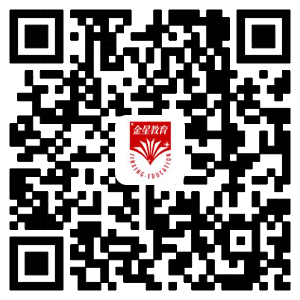5. other, the other, another, others的用法。指单数时,若泛指用another,若特指用 the other;指复数时,若泛指用other(后接复数名词)或others(其后不接名词),若特指用the other (后接复数名词)或the others(其后不接名词)。如:
Show me some others. 再拿一些给我看。
Show me another. 另拿一个给我看。
We should think of others. 我们应该多为别人着想。
Where are the other students? 其他同学在哪里?
注:another后一般要单数可数名词,但若其后的名词有数词或 few 修饰,则也可接复数名词。如:
I've got another five minutes. 我还有5分钟。
6. no one, nobody, none 的用法。no one 与nobody 用法相似,均只用于指人不用于指物,且其后不能接of短语,用作主语时谓语单数;而none 既可用于指人也可用于指物,其后通常接of短语,用作主语时,若指不可数名词,谓语只能用单数,若指复数名词,则谓语可用单数(较正式)也可用复数(用于非正式文体)。如:
No one [Nobody] has read it. 没有人读过它。
None of this milk can be used. 这牛奶一点都不能用了。
None of the films is [are] worth seeing. 没有一部电影值得看。
7. 复合不定代词的用法。复合不定代词主要包括 something, somebody, someone, anything, anybody, anyone, nothing, nobody, no one, everything, everybody, everyone 等,它们在句中可用作主语、宾语或表语,但不能用作定语。其中something, someone 等和 anything, anyone等的区别与 some 和 any 的区别一样,前者一般用于肯定句,后者一般用于否定句、疑问句或条件句。使用时应请注意以下几点:
(1) 受定语修饰时,定语应置于其后。如:
Tell us something interesting. 给我们讲点有趣的事。
There was nobody tired. 没有一个人很累。
(2) 指人的复合不定代词若用作主语,其谓语动词一般用单数,相应的人称代词和物主代词也用单数 he, him, his (不一定指男性)。但在非正式文体中常用复数代词 they, them, their。如:
If anybody [anyone] comes, ask him [them] to wait. 要是有人来,让他等着。
(3) anyone, everyone 等只能指人,不能指物,且其后一般不接of 短语。若是指物或后接 of 短语,可用 any one, every one (即分开写)。
